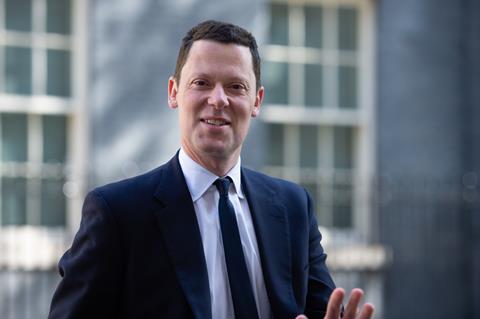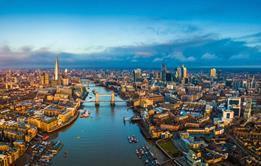The price for lawyers’ freedom to act without fear or favour is that declarations of conscientious objection to clients or cases cannot be made, a former lord chancellor said yesterday. Alex Chalk KC, now a partner at international firm Jones Day, was moderating a London International Disputes Week discussion on the responsibilities of dispute resolution practitioners.
Chalk was responding to a suggestion from Professor Joan Loughrey, head of the school of law at Queen’s University Belfast, that the 'cab rank rule' should not be applied outside its original purpose of criminal defence. The ethos, which strictly applies only to the self-employed bar, now 'permeates the profession as a whole', Loughrey said. It should not provide fig-leaf cover for lawyers acting for powerful clients.
But what about access to justice, Chalk asked: 'Doesn’t an arms manufacturer, for example, have the right to legal advice?' 'I’m not aware that arms manufacturers are having that problem.' Loughrey replied.

The event also heard that firms should tread carefully when lawyers conscientiously object to a task by manifesting a protected belief. ‘There is probably a greater awareness of conflict between the cab rank rule and personal convictions among younger people', Hana Abas, employment barrister at Cloisters Chambers, said. ‘The starting point is you have the right to manifest a protected belief in the workplace.'
'There has to be a safety valve for conscientious objection,' Abas added. 'We don’t get to pick and choose which beliefs are legally protected.'
Chalk argued that the expression of conscientious objections puts pressure on colleagues to follow the example, undermining the separation from clients' causes. ‘If you think people should be able to act without fear or favour, there is a price,' he said. 'And that price is you cannot make declarations of conscientious objection.’
The panel appeared united in opposing the Trump administration's executive orders against firms because of their past clients. But James E. Castello, of Arbitration Chambers, pointed out a possible issue arising from the legal fight-back. The cases against the executive orders have been fought - and won - on the basis of free speech rights, Castello said. However this requires the courts themselves to identify firms with their clients. 'Courts have made rulings by treating the advocacy for their clients as their own speech,' he said. Such speech is protected under the First Amendment - 'but you can see down the road that presenting problems'.
This article is now closed for comment.
Topics
International disputes week: London sets out its stall

Thousands of lawyers from more than 100 jurisdictions to attend as minister opens commercial disputes jamboree.
- 1
- 2
 Currently
reading
Currently
reading
LIDW: No place for conscientious objection, says Chalk
- 4
- 5








































11 Readers' comments